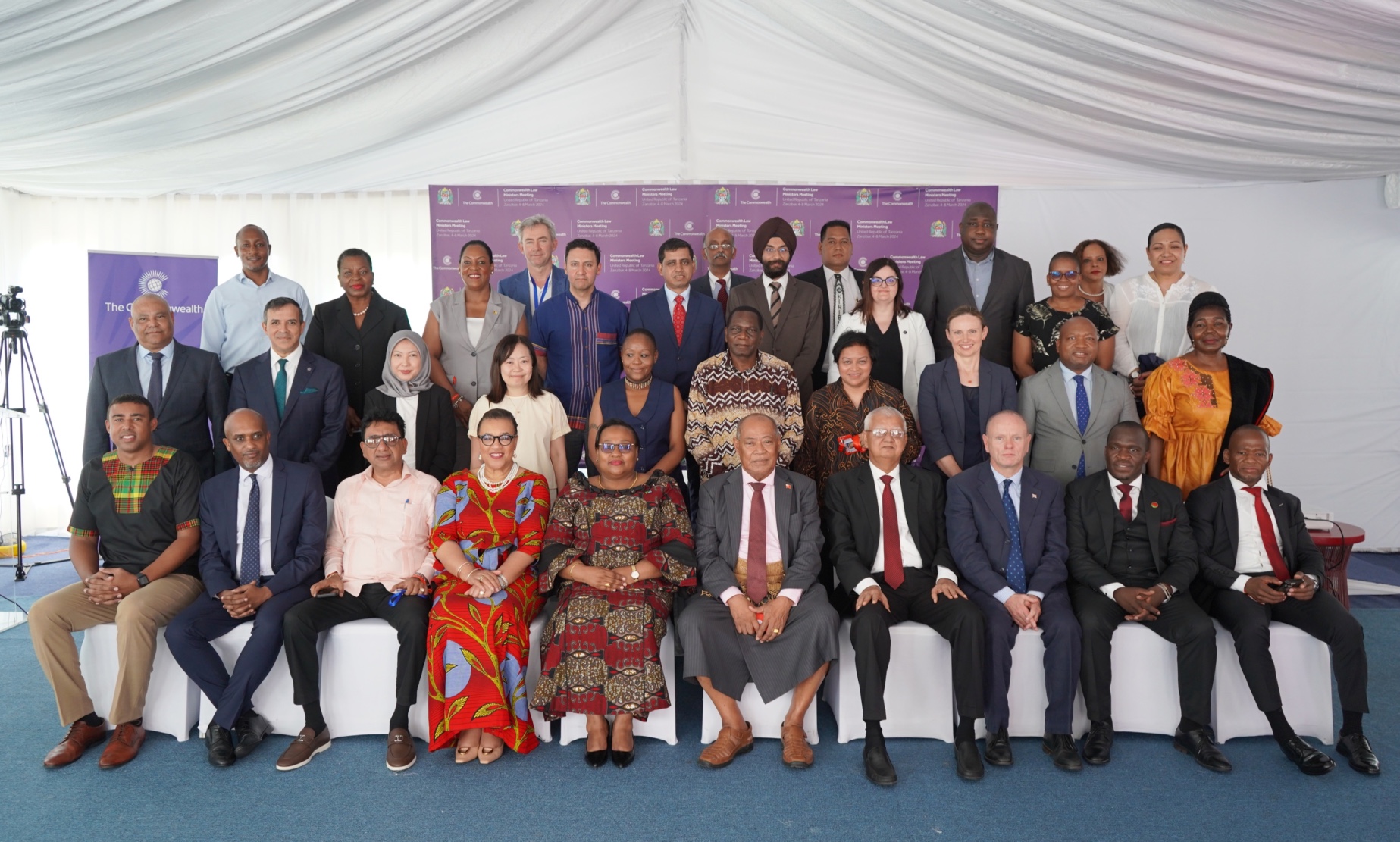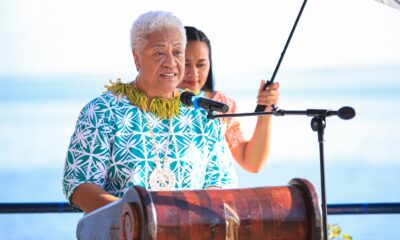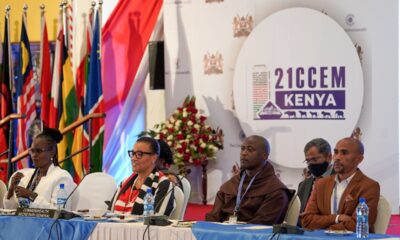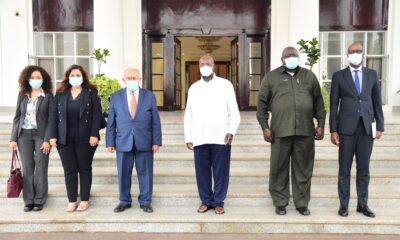International News
Justice for All: Commonwealth Ministers Forge Path to Equal Legal Access
Millions of Commonwealth citizens are set to reap the benefits of enhanced people-centered access to justice following the conclusion of a meeting among law ministers in Zanzibar yesterday.
After four days of deliberations, ministers, in collaboration with various stakeholders such as individuals with disabilities, civil society representatives, and legal sector leaders, have crafted a comprehensive package of new measures and commitments.
The package includes a concerted effort to dismantle barriers hindering access to justice and to cater to the legal requirements of all citizens. Significant components of this initiative include improved accessibility to justice for individuals with disabilities, the formulation of a model law addressing virtual assets, the development of an action plan to combat online violence against women, and a proposal to abolish gender-discriminatory legislation.
The ministers have also welcomed an assortment of new legal resources within the Commonwealth, including a mediation guide, a mobile app for small claims court dispute resolution, and a database facilitating cooperation on criminal matters. Additionally, they have endorsed the Commonwealth guidelines on handling electronic evidence in criminal proceedings, designed to assist member countries in crafting relevant national legislation.
In order to facilitate the implementation of these measures, ministers have tasked the Commonwealth Law Ministers Action Group with monitoring progress and reporting back at the next meeting.
The outcome statement issued by ministers at the conclusion of the meeting on February 8, 2024, represents a significant step forward in addressing the pressing issue of access to justice, particularly for the two-thirds of the global population currently lacking meaningful access, as emphasized by Commonwealth Secretary-General The Rt Hon Patricia Scotland KC.
In her remarks following the meeting, Secretary-General Scotland underscored the importance of the decisions made, stating that they pave the way for substantial progress towards ensuring equal access to justice for the 2.5 billion people residing in the Commonwealth.
Ministers have also acknowledged the pivotal role of technology-driven justice solutions, including artificial intelligence, in improving access to legal information and streamlining justice delivery in today’s complex world.
In addition to justice-related discussions, the meeting also featured presentations on energy and extractives, with papers covering topics such as a carbon tax model law and an oil and gas decommissioning guide, aimed at addressing climate change and promoting a just transition.
The meeting, chaired by Hon Ambassador Dr Pindi H. Chana, Minister of Constitutional and Legal Affairs of the United Republic of Tanzania, from March 4 to 8, 2024, received commendations for its substantive outcomes from H.E. Hussein Mwinyi, President of Zanzibar, during the closing ceremony on March 8, 2024.
President Mwinyi lauded the achievements of the meeting, emphasizing the need for reforms to ensure universal access to justice and advocating for the adoption of digital solutions in the pursuit of this goal.
The outcomes of the meeting are set to shape the agenda for the upcoming Commonwealth Heads of Government Meeting (CHOGM) in Samoa later this year, with the next meeting scheduled to be hosted by the Government of Fiji in February 2026.










































